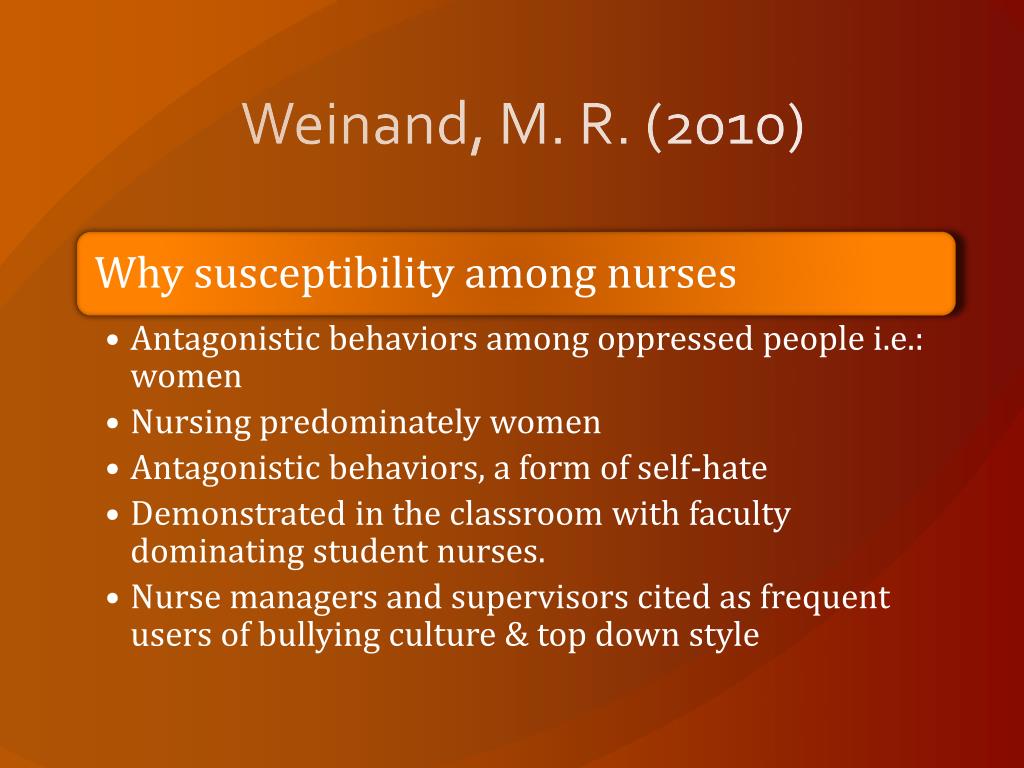
If in 1861 the men who loved the Union had believed that peace was the end of all things, and war and strife the worst of all things, and had acted up to their belief, we would have saved hundreds of thousands of lives, we would have saved hundreds of millions of dollars. Far better it is to dare mighty things, to win glorious triumphs, even though checkered by failure, than to take rank with those poor spirits who neither enjoy much nor suffer much, because they live in the gray twilight that knows not victory nor defeat. Thrice happy is the nation that has a glorious history. It is a base untruth to say that happy is the nation that has no history. As it is with the individual, so it is with the nation. A mere life of ease is not in the end a very satisfactory life, and, above all, it is a life which ultimately unfits those who follow it for serious work in the world. But if he treats this period of freedom from the need of actual labor as a period not of preparation, but of mere enjoyment, he shows that he is simply a cumberer of the earth’s surface, and he surely unfits himself to hold his own with his fellows if the need to do so should again arise. If the freedom thus purchased is used aright, and the man still does actual work, though of a different kind, whether as a writer or a General, whether in the field of politics or in the field of exploration and adventure, he shows he deserves his good fortune. A man can be freed from the necessity of work only by the fact that he or his fathers before him have worked to good purpose. Freedom from effort in the present merely means that there has been stored up effort in the past. In this life we get nothing save by effort. It is hard to fail, but it is worse never to have tried to succeed. We admire the man who embodies victorious effort the man who never wrongs his neighbor, who is prompt to help a friend, but who has those virile qualities necessary to win in the stern strife of actual life. We do not admire the man of timid peace.

#Generational strife define free#
If you are rich and are worth your salt, you will teach your sons that though they may have leisure, it is not to be spent in idleness for wisely used leisure merely means that those who possess it, being free from the necessity of working for their livelihood, are all the more bound to carry on some kind of non-remunerative work in science, in letters, in art, in exploration, in historical research-work of the type we most need in this country, the successful carrying out of which reflects most honor upon the nation. You work yourselves, and you bring up your sons to work. Who among you would teach your boys that ease, that peace, is to be the first consideration in their eyes-to be the ultimate goal after which they strive? You men of Chicago have made this city great, you men of Illinois have done your share, and more than your share, in making America great, because you neither preach nor practice such a doctrine. I ask only that what every self-respecting American demands from himself and from his sons shall be demanded of the American nation as a whole. A life of ignoble ease, a life of that peace which springs merely from lack either of desire or of power to strive after great things, is as little worthy of a nation as of an individual. In speaking to you, men of the greatest city of the West, men of the State which gave to the country Lincoln and Grant, men who pre-eminently and distinctly embody all that is most American in the American character, I wish to preach, not the doctrine of ignoble ease, but the doctrine of the strenuous life, the life of toil and effort, of labor and strife to preach that highest form of success which comes, not to the man who desires mere easy peace, but to the man who does not shrink from danger, from hardship, or from bitter toil, and who out of these wins the splendid ultimate triumph. THEODORE ROOSEVELT, “THE STRENUOUS LIFE” (10 April 1899)


 0 kommentar(er)
0 kommentar(er)
